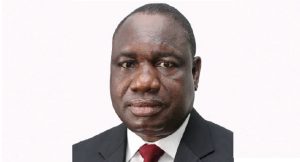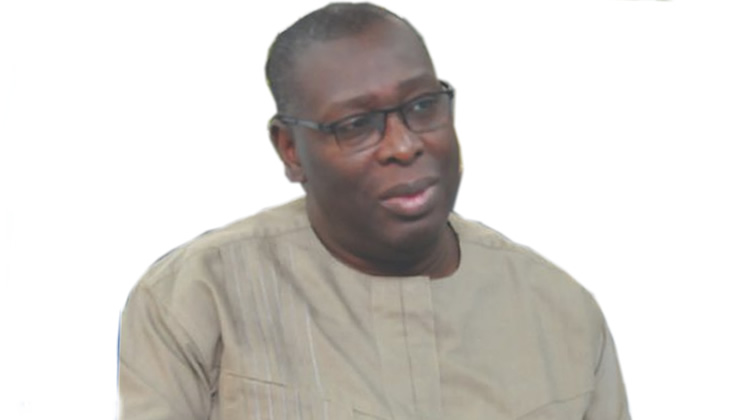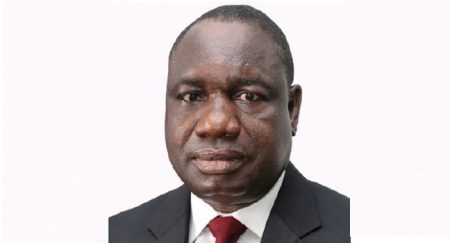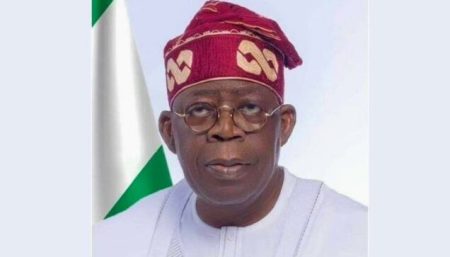Paragraph 1: The Price Discrepancy of Petrol in Nigeria Compared to Other West African Nations
The price of petrol in Nigeria is notably lower than in other West African countries, a fact confirmed by the Major Energies Marketers Association of Nigeria (MEMAN) and corroborated by prominent businessman Aliko Dangote. According to MEMAN’s Executive Secretary and CEO, Clement Isong, Nigerians pay approximately 55% of what citizens in other West African nations pay for Premium Motor Spirit (PMS), also known as petrol. Some countries in the region even pay up to 50% more than Nigeria for the same commodity. This substantial price difference has sparked discussions about the underlying reasons for this disparity.
Paragraph 2: The Role of Taxation and Economies of Scale in Nigeria’s Lower Petrol Prices
One key factor contributing to Nigeria’s lower petrol prices is the comparatively low taxation on fuel consumption. Isong explained that the tax on fuel in Nigeria is merely 1%, split equally between infrastructure funds (0.5%) and the Nigerian Midstream and Downstream Petroleum Regulatory Authority (NMDPRA) (0.5%). This stands in stark contrast to other West African countries, where fuel taxation is considerably higher, ultimately driving up the pump price for consumers. Another significant element is the concept of economies of scale. Nigeria, boasting a large population and robust economy, benefits from higher fuel turnover, meaning the product is sold quickly. This high demand and rapid sales cycle create a cost advantage, lowering the per-unit cost of petrol.
Paragraph 3: Dangote Refinery’s Impact on Petrol Prices and Market Dynamics
The entry of the Dangote Refinery into the Nigerian market has had a profound impact on petrol pricing. According to both Isong and Dangote, the refinery has played a pivotal role in reducing petrol prices in recent months, effectively acting as a price leader. Dangote claims the refinery sells petrol at a price significantly lower than the regional average, further contributing to the affordability of petrol in Nigeria. This competitive pricing strategy has put pressure on other market players, including marketers and fuel importers, who have reported significant losses due to the downward price pressure exerted by the Dangote Refinery.
Paragraph 4: Dangote’s Perspective on the Benefits of Local Refining and Regional Price Comparisons
Aliko Dangote, during a presentation to ECOWAS leaders, highlighted the benefits of local refining and the impact it has had on Nigeria’s economy. He emphasized that the Dangote Refinery’s operations have significantly reduced the cost of refined products and production costs across various sectors, including manufacturing, mining, and agriculture. Dangote further pointed out the stark contrast between petrol prices in Nigeria and neighboring countries. While the average price in the region hovers around $1 per litre (equivalent to approximately N1,600 at the time), the Dangote Refinery sells petrol at a considerably lower price, between N815 and N820 per litre. This price difference, according to Dangote, translates to Nigerians paying only 55% of what their regional counterparts pay for petrol.
Paragraph 5: The Impact of Lower Petrol Prices on Smuggling and Market Competition.
The significant price difference between Nigeria and its neighbors raises concerns about the potential for fuel smuggling. While Isong acknowledges the possibility, he states he is unsure about the current level of smuggling activity, suggesting it may have decreased but stopping short of claiming it has ceased completely. The lower prices, driven by low taxation, economies of scale, and the influence of the Dangote Refinery, have undoubtedly disrupted the market, impacting existing players. Marketers and fuel importers have voiced concerns about the financial losses they’ve incurred due to the price reductions initiated by the Dangote Refinery.
Paragraph 6: The Complex Interplay of Factors Influencing Nigeria’s Petrol Market
The Nigerian petrol market operates within a complex web of factors, including taxation policies, economies of scale, the influence of major players like the Dangote Refinery, and the potential for cross-border smuggling. While lower petrol prices offer immediate benefits to consumers, they also pose challenges to established market participants and raise questions about long-term market stability and the potential for illicit activities. The interplay of these factors will continue to shape the dynamics of the Nigerian petrol market in the foreseeable future.














